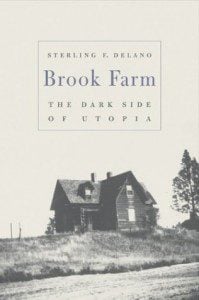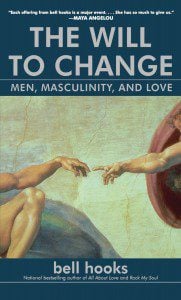Before there was a New Testament, before the Gospels were written, before any of Paul’s other letters were composed, there was 1 Thessalonians. Many scholars date this epistle to 49 CE, making this book not only Paul’s oldest letter of which we are aware, but also the oldest extant piece of Christian literature. So, approximately two decades after the life of the historical Jesus and approximately two decades before the Gospel of Mark, we have Paul’s first letter to the church at Thessalonica.
And in this most ancient of Christian writings to which we have access, we read Paul’s admonition that, “concerning the times and the seasons, brothers and sisters, you do not need to have anything written to you. For you yourselves know very well that the day of the Lord will come like a thief in the night.” Jesus says even more clearly in Matthew 24 that,
36 “about that day and hour no one knows, neither the angels of heaven, nor the Son, but only the Father…. 43 But understand this: if the owner of the house had known in what part of the night the thief was coming, he would have stayed awake and would not have let his house be broken into. 44 Therefore you also must be ready, for the Son of Man is coming at an unexpected hour.
Nevertheless apocalyptic preachers down through the ages have scoured scripture for doomsday clues. The truly tragic part is that so many people listen to these charlatans.
The most recent of these false prophets to make headlines is Harold Camping. After his spectacularly incorrect prediction that the world would end of May 21, 2011, he changed the date to October 21, 2011. In that I’m writing this post more than two weeks after Camping’s latest malfeasance, the continuing existence of reality is seemingly irrefutable proof of a fundamental flaw in his method of biblical interpretation. However, the most interesting (and frustrating) part of failed prophecy is almost always the contortions made to somehow rationalize that the erroneous worldview is actually still correct.
As reported in The Washington Post,
Camping does not apologize for the prediction-gone-wrong. He does apologize for saying that people who disbelieved in the May 21 Rapture date would not be saved. He also repeats that it’s a lesson from God, and “sometimes it’s painful to learn.”
Camping’s followers donated more than $80 million from 2005 to 2009, a CNN report found. Before the May 21 prediction, some followers gave up their life savings and donated their possessions in preparation for the Rapture.
Over at Religion Dispatches, Daniel Silliman is even more blunt:
Harold Camping did not repent.
He is not sorry.
He did not apologize, or say, even, that he was wrong.
In contrast to these apocalyptic views, I have argued in a previous post that the following quote adapted from John Dominic Crossan’s book God and Empire is a much healthier eschatology for progressive Christianity:
The Second Coming of Christ is not an event that we should expect to happen soon, violently, or literally. The Second Coming of Christ is what will happen when we Christians finally accept that the First Coming was the Only Coming and start to cooperate with its divine presence.
For more reflection, see my previous post on Camping’s May 21, 2011 prediction, “STOP Making the Bible Something It Isn’t.” Available at http://www.patheos.com/blogs/carlgregg/2011/05/stop-making-the-bible-something-it-isnt/.
For a historical comparison of reactions in the wake of previous failed prophesies, see Stephanie Pappas, “No Show? Preacher’s Doomsday Prediction Echoes Past Failures” (Oct 22, 2011) LiveScience. Available at http://www.livescience.com/16663-camping-failed-doomsday-prediction-oct-21.html.
The Rev. Carl Gregg is the pastor of Broadview Church in Chesapeake Beach, Maryland. Follow him on Facebook (facebook.com/carlgregg) and Twitter (@carlgregg).












